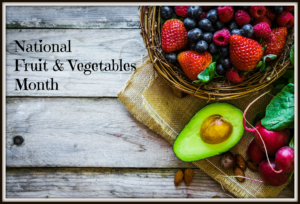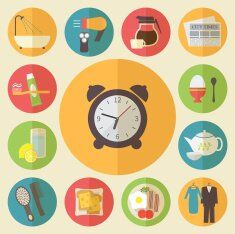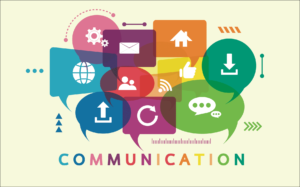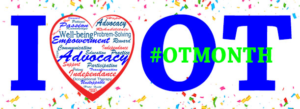Nutrition is key for every child’s growth and development! As parents, it can be difficult to make sure your child gets their daily amount of fruits and vegetables due to busy schedules, picky eaters, cost, and other obstacles.
Some helpful ways to incorporate more fruits and vegetables include:
1. Adding fruits and vegetables to existing favorite foods (adding fruits to cereal, yogurt, pancakes)
2. Eating fruits and vegetables with dips and sauces like peanut butter, yogurt dip, or vegetable dips
3. Try frozen fruit
4. Make smoothies with vegetables mixed in
5. Be the model and eat more fruits and vegetables yourself in front of your child
6. Grate zucchini or carrots into meat mixtures
7. Put cauliflower into mashed potatoes
8. Cut fruits and vegetables into fun shapes
9. Involve children in shopping, preparing, and cooking fruits and vegetables
10. Make popsicles and ice creams in ice cube trays using fruits






